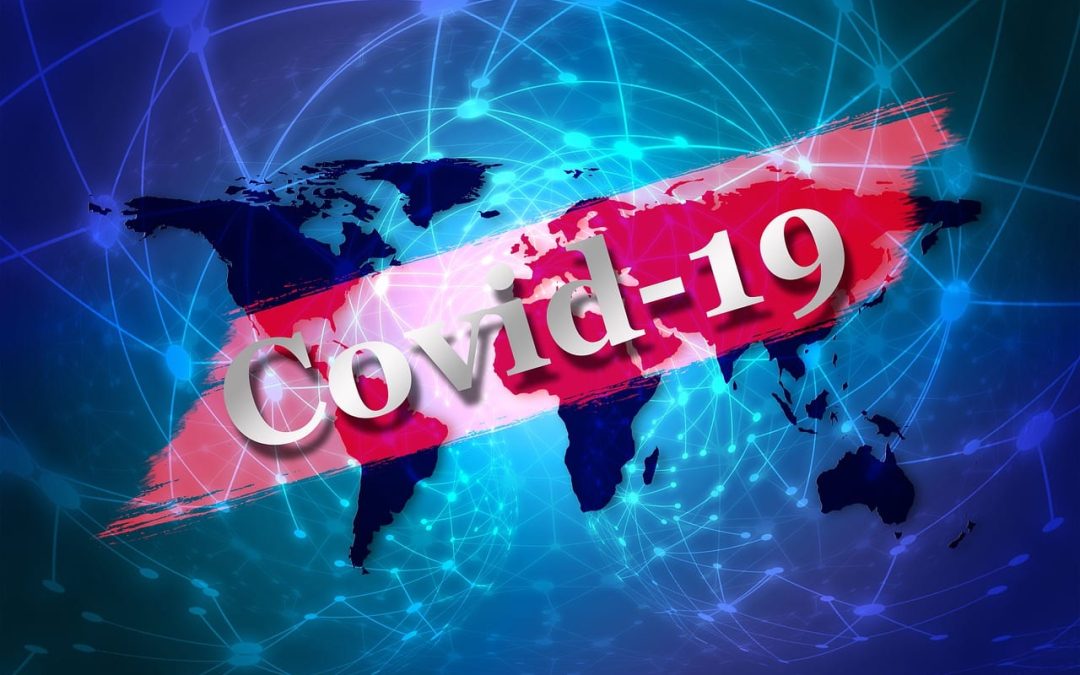A Windows-centric world works wonders for Microsoft and, arguably, for the one to two billion people that use a Windows device in some fashion every day.
True, Apple, Google, their billions of customers and proponents and users of UNIX/Linux have something to say about that; nevertheless—
Regardless of where you stand on the One Operating System world, it is not the most useful model for Public Health Policy.
The One Operating System folks shake their heads at the chaotic approach taken by nations from Belarus to Sweden and, even more so, the approach taken by the various states comprising the United States of America.
Ask yourself: if the decision were given over to an international body such as the World Health Organization (WHO), on what scientific basis could it issue some policy pronouncement regarding a sheltering in place, staying at home or issuing a lockdown order?
Keep in mind, that the utility of these approaches is theoretical. These have not been tried in any prior pandemic.
True, they are grounded in logic and, in some respects, in common sense; nevertheless, their utility remains theoretical.
True, few are calling for this to be a WHO decision—merely for their guidance.
Still, the question remains for the folks at your country’s Center for Disease Control (CDC) and Food & Drug Administration (FDA): upon what basis do they know that they are right?
If they are being honest, they will admit that they do not know.
Far from being chaotic, leaving it to the states—if not the people themselves, to establish and tweak socio-economic boundaries, is consistent with the generally accepted practice of conducting concurrent clinical trials. Over and above the value of any one trial, the comparative analysis of multiple trials adds dimensional evidence as to what works better and what does not work as well.
We are all learning and trying to get to the same place: life in a world where COVID-19 is neither an acute nor chronic issue; or, is so for as few people as possible.
So, we are learning whether the approach taken by Sweden is better or worse than its neighbors.
We are learning whether a parade in Belarus will have any impact on fatalities.
We are learning why countries like Bali have had so few fatalities.
And in the United States, we are learning why the outcomes in the greater New York City area seem so different than practically everywhere else in the USA,
And, as we let fifty flowers bloom, we will learn whether the paths taken by Ohio, Georgia, California, Oklahoma and so on are better or worse than comparative cases.
Far from chaotic, this learning through comparative analysis is core to how we function; it is core to how what we call the Economy works.
This approach is a federal approach, core to how the USA was established in the first place. Alexis de Tocqueville wrote is his great study, Democracy in America:
“Decentralization has, not only an administrative value, but also a civic dimension, since it increases the opportunities for citizens to take interest in public affairs; it makes them get accustomed to using freedom. And from the accumulation of these local, active, persnickety freedoms, is born the most efficient counterweight against the claims of the central government (emphasis added), even if it were supported by an impersonal, collective will.”
This approach is also a general principle of European Union law (Maastricht, 1992):
“Under the principle of subsidiarity, in areas which do not fall within its exclusive competence (emphasis added), the Union shall act only if and in so far as the objectives of the proposed action cannot be sufficiently achieved by the Member States, either at central level or at regional and local level, but can rather, by reason of the scale or effects of the proposed action, be better achieved at Union level.”
This idea of Subsidiarity comes in part from Catholic social thought, rising to the level of papal authority with Pope Pius XI’s encyclical Quadragesimo anno, which includes the following passage:
“Just as it is gravely wrong to take from individuals what they can accomplish by their own initiative and industry (emphasis added) and give it to the community, so also it is an injustice and at the same time a grave evil and disturbance of right order to assign to a greater and higher association what lesser and subordinate organizations can do. For every social activity ought of its very nature to furnish help to the members of the body social, and never destroy and absorb them (emphasis added).”
Living and dying in a time of COVID-19, no one – particularly no one governmental body, has exclusive competence about any aspect of the disease, what causes it, what can prevent it, the very best way to minimize death, nor how best to not overwhelm the health system.
This is not the time to grant even more power to any central government.
Now is the time to let individuals accomplish what they can by their own initiative and industry; and come together in communities as local conditions permit.
